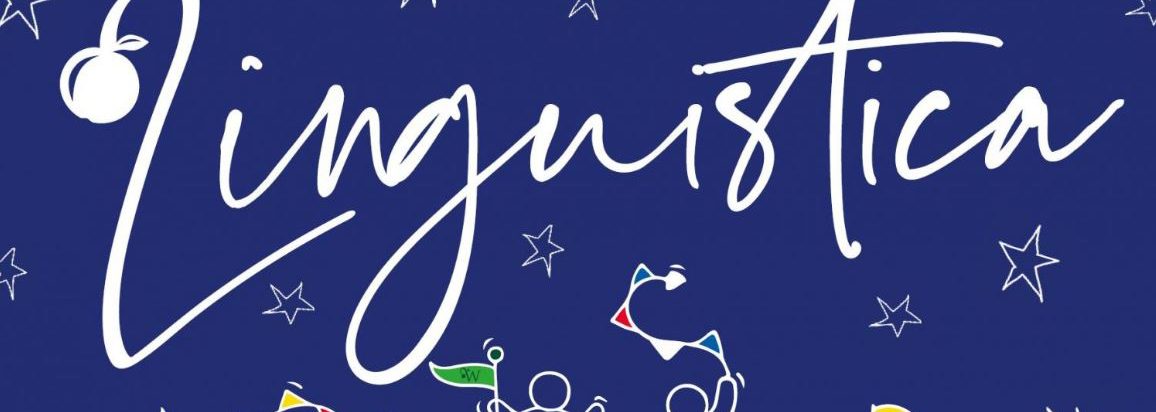Anthea Bell Prize for Young Translators – Year 10 entries
Christina (Y10) has outstandingly been selected as the National Winner of the Anthea Bell Prize for Young Translators, for her translation of the Level 3 Chinese set text.
Christina’s translation:
Xu Sanguan was a worker at a silk mill in the city. One day, he returned to his village to visit his grandpa. His grandpa’s vision had worsened with age, and he could no longer see Xu Sanguan’s face clearly at the door. So, he called him over, looked at him for a while, and asked:
“My son, where is your face?”
Xu Sanguan replied: “Grandpa, I’m not your son – I’m your grandson – my face is right here.”
Xu Sanguan took his grandpa’s hand and touched it to his own face for him to feel, then quickly let go.
His grandpa asked: “Why doesn’t your dad come to see me?”
“He passed away a long time ago.”
His grandpa nodded.
“My son, is your body strong?”
“It is.” Xu Sanguan said, “Grandpa, I’m not your son…”
But his grandfather continued, “My son, do you often sell your blood?”
Xu Sanguan shook his head. “No, I never sell my blood.”
“My son…” his grandpa said, “You don’t sell your blood, and you still say you are strong? My son, you are lying to me.”
Competition text:
许三观是城里丝厂的工人,这一天他回到村里来看望他的爷爷。他爷爷年老以后眼睛昏花,看不见许三观在门口的脸,就把他叫到面前,看了一会后问他:
“我儿,你的脸在哪里?”
许三观说:“爷爷,我不是你儿,我是你孙子,我的脸在这里……”
许三观把他爷爷的手拿过来,往自己脸上碰了碰,又马上把爷爷的手送了回去。
他爷爷问:“你爹为什么不来看我?”
“我爹早死啦。”
他爷爷点了点头。
“我儿,你身子骨结实吗?”
“结实。”许三观说,“爷爷,我不是你儿……”
他爷爷继续说:“我儿,你也常去卖血?”
许三观摇摇头:“没有,我从来不卖血。”
“我儿……”爷爷说,“你没有卖血,你还说身子骨结实?我儿,你是在骗我。”
Lily (Y10) has also done an excellent translation of ‘Le Cœur à rire et à pleurer’, by Maryse Condé, as an entry to the Anthea Bell Prize for Young Translators.
This novel tells the story of the author Maryse Condé’s childhood in Guadeloupe. Guadeloupe, an island in the Caribbean, was made an Overseas Department of France (DOM: Département d’Outre-Mer) in 1946, which means that Guadeloupe has the same status as any region of mainland France and the inhabitants of Guadeloupe are French citizens. In the opening chapter of this novel, the narrator recalls how much her parents loved their trips to France which had been interrupted by the outbreak of the Second World War. This passage recounts the experience of their first trip back to Paris in 1946.
Lily’s translation:
Today, I am picturing the uncommon sight that we presented, sitting dejected after the war, in the paved seating area of the Latin Quarter in Paris. My father, a former seducer with an attractive appearance, my mother coated in lavish Creole gems, their eight children, my sisters’ lowered eyes, adorned like a shrine, my teenage brothers, one of them already in his first year of medicine, and me, an outrageously spoiled toddler, with a mature mind for her age. Boys fluttered around the café, their trays balanced on their hips, filled with admiration of us, like multitudes of flies to honey. They could no longer hold back each time lemonades infused with mint syrup were served:
- How well you speak French!
My parents received the compliment, without either responding or smiling, limiting themselves to only shake their heads in disapproval. One time, when the boys had turned their backs, they called to us as witnesses:
- Yet we are as French as they are, sighed my father.
- More French, my mother went further, with fierceness. She added by way of explanation:
We are more educated. We have better manners. We read more. Some of them have never left Paris, whilst we are acquainted with Mont-Saint-Michel, French Rivera and the Basque Coast.
Competition text:
Aujourd’hui je me représente le spectacle peu courant que nous offrions, assis aux terrasses du Quartier latin dans le Paris morose de l’après-guerre. Mon père, ancien séducteur au maintien avantageux, ma mère couverte de somptueux bijoux créoles, leurs huit enfants, mes sœurs yeux baissés, parées comme des châsses, mes frères adolescents, l’un d’eux déjà à sa première année de médecine, et moi, bambine outrageusement gâtée, l’esprit précoce pour son âge. Leurs plateaux en équilibre sur la hanche, les garçons de café voletaient autour de nous remplis d’admiration comme autant de mouches à miel. Ils lâchaient invariablement en servant les diabolos menthe :
— Qu’est-ce que vous parlez bien le français !
Mes parents recevaient le compliment sans broncher ni sourire et se bornaient à hocher du chef. Une fois que les garçons avaient tourné le dos, ils nous prenaient à témoin :
— Pourtant, nous sommes aussi français qu’eux, soupirait mon père.
— Plus français, renchérissait ma mère avec violence. Elle ajoutait en guise d’explication : Nous sommes plus instruits. Nous avons de meilleures manières. Nous lisons davantage. Certains d’entre eux n’ont jamais quitté Paris alors que nous connaissons le Mont Saint-Michel, la Côte d’Azur et la Côte basque.
Maryse Condé, Le Cœur à rire et à pleurer
Congratulations to both Christina and Lily for their fantastic work!

